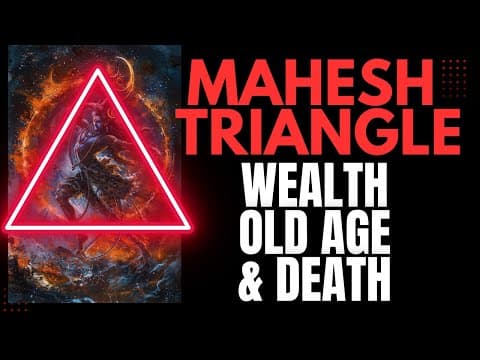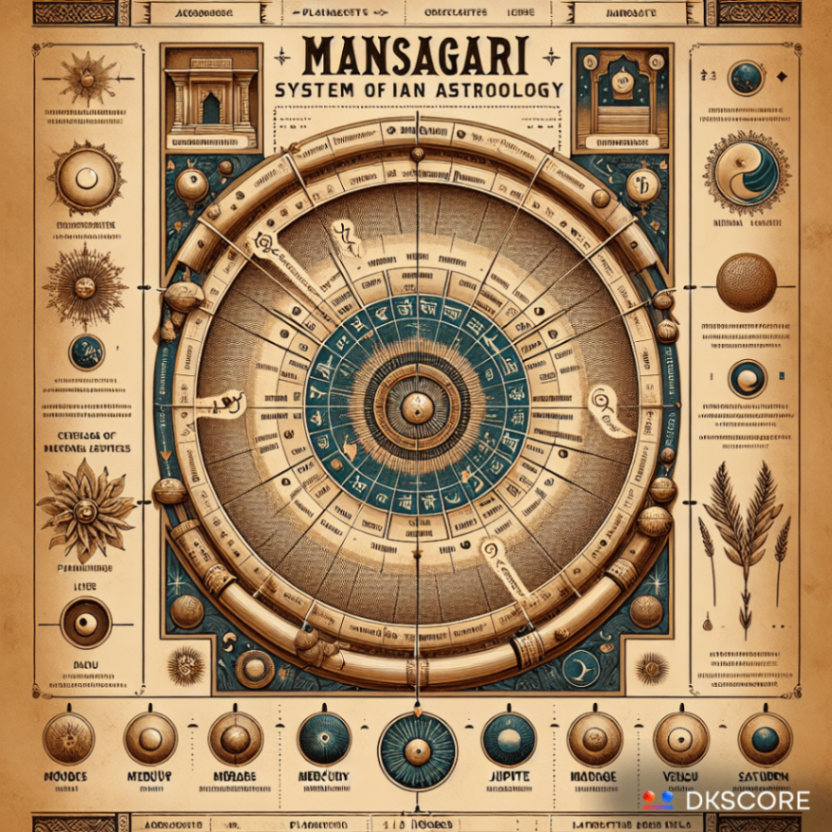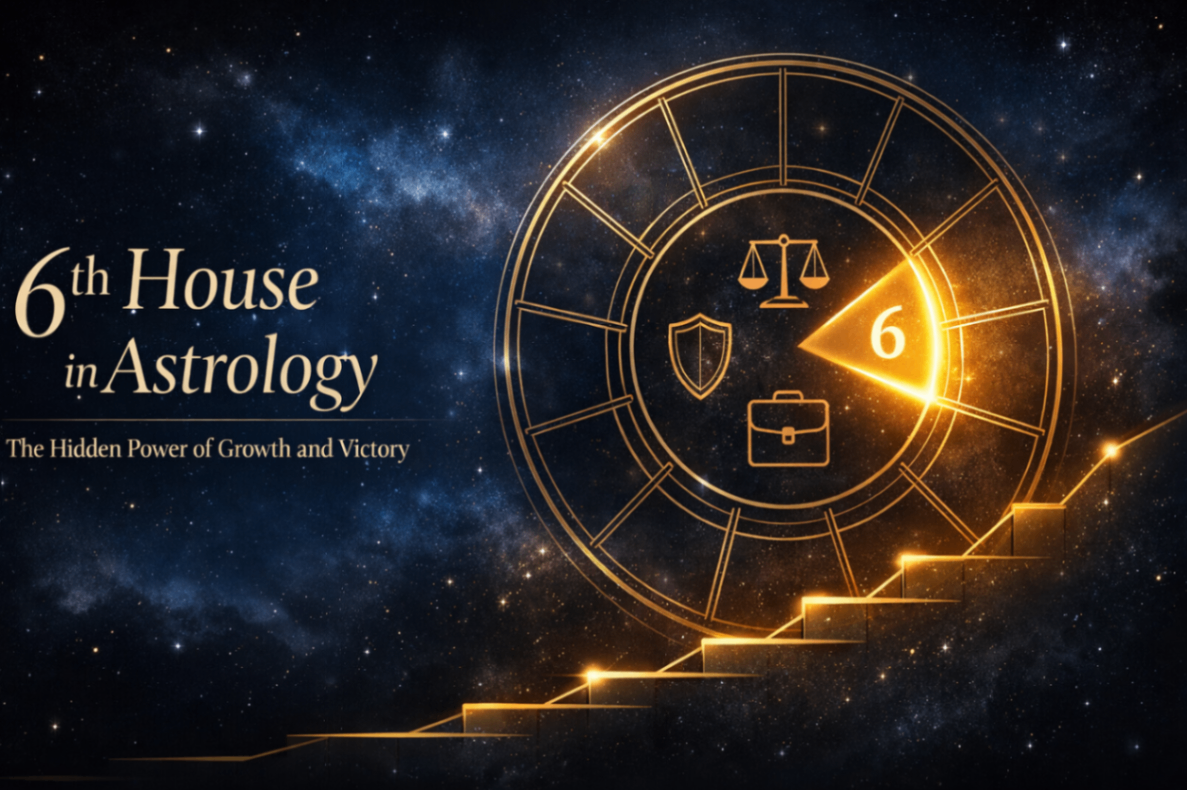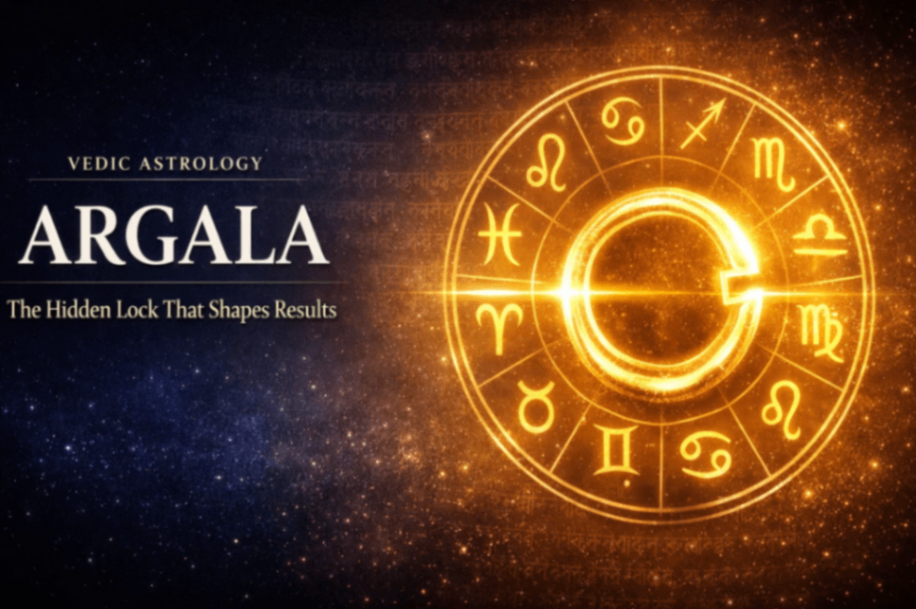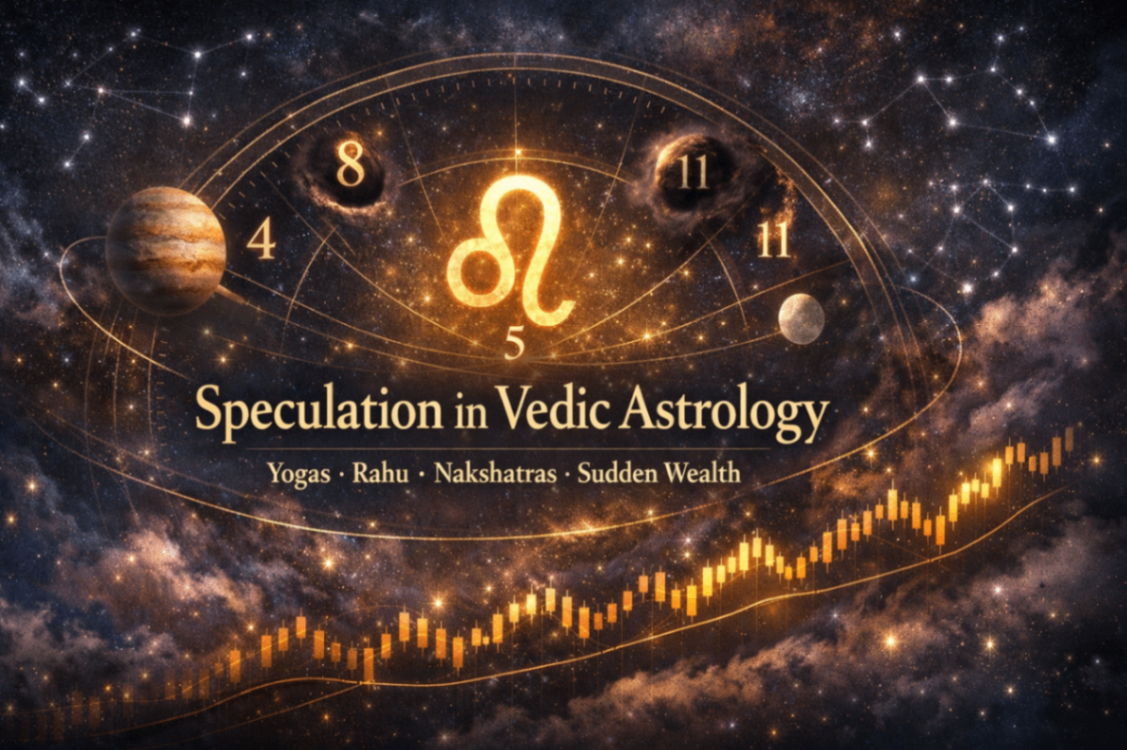Introduction
Vedic Astrology provides a roadmap for life’s unfolding journey. In its teachings, brahma vishnu mahesh symbolize the cosmic forces of creation, maintenance, and transformation. Brahma forms new beginnings, Vishnu nurtures and sustains, and Mahesh (or Shiva) dissolves what no longer serves us.
Although creation stories and origins often arise when discussing these deities, Vedic Astrology focuses more on how their energies shape different parts of our lives. One insightful way to explore this is by examining four specific houses in the birth chart: the 3rd, 6th, 9th, and 12th. Let us call them the Four Mahesh Houses. These houses hold subtle but powerful clues about how we transition into later life, face challenges, and prepare for transformation.
Brahma, Vishnu, and Mahesh: A Brief Overview
Many sacred texts describe a trimurti god, a threefold representation of ultimate reality. In that spectrum, Brahma stands for the creative spark, Vishnu for the preserving force, and Mahesh for the transformative power.
Though many people ponder the deeper myths behind who they are, for astrological purposes these deities represent key life stages. From a Vedic perspective, we create, we sustain, and then we let go. In human experience, this can be understood by splitting our total lifespan into three main parts. The last part often involves learning to detach and accept life’s flow.
The Four Mahesh Houses
The houses in a birth chart represent different areas of life, from health and relationships to spirituality and material gains. The 3rd, 6th, 9th, and 12th houses, seen as the Mahesh group, reveal how we evolve toward closure, acceptance, or a new spiritual beginning.
Each of these houses symbolizes a step on the path of transformation. When we analyze them, we gain insight into how a person might handle old age, confront difficulties, or embrace inner growth.
3rd House: Willpower and Mindset
The 3rd house governs courage, communication, and the drive to learn new skills. In the context of late life, it becomes a place where you might continue personal growth or cultivate mental resilience. A well-placed planet here can help you express your needs clearly, maintain mental agility, and stay adaptable.
If this house is under strain, you may find it harder to cope with stress or relinquish long-held concerns. A balanced 3rd house, on the other hand, can ease your transition into old age. It offers flexibility in thinking and the willingness to accept new perspectives.
6th House: Health and Daily Challenges
In Vedic Astrology, the 6th house represents health, struggles, and karmic debts. The way planets occupy or influence this house can show what health issues might appear in later years. It also reveals your approach to conflict resolution, both external and internal.
When we look at brahma vishnu mahesh energies, we see that while Brahma and Vishnu encourage creation and preservation, Mahesh guides the eventual release. If the 6th house has supportive influences, you might find the strength to manage ailments with optimism. Conversely, a more strained 6th house can signal chronic setbacks or difficulties in letting go of grudges.
Sometimes, serious challenges become opportunities for spiritual growth. If you harness a strong 6th house, even tough karmic lessons can trigger personal transformation. It may encourage self-awareness, healthier habits, or a desire to serve others.
9th House: Higher Philosophy and Faith
The 9th house links to faith, higher wisdom, and ethical beliefs. In later years, this house can shape whether you accept life’s uncertainties gracefully or resist inevitable changes. A well-supported 9th house can fill your mind with guiding principles, making spiritual practices and reflection more natural.
Here, the Mahesh aspect connects your current reality to something larger. It bridges personal struggles with the notion that there is a higher plan at work. Individuals with a strong 9th house often discover fresh purpose in old age, finding teachers, mentors, or communities that deepen their insight.
When challenges come, faith may become a vital pillar. By drawing on the 9th house’s energy, you can transform worry into acceptance. You start viewing setbacks as part of a grand design, evolving beyond immediate stress.
12th House: Endings and Liberation
The 12th house is the doorway to liberation, rest, and the unknown. It deals with letting go of attachments and entering a realm of pure surrender. In the final stage of life, a supportive 12th house can bring inner peace and spiritual clarity. You might cultivate practices like meditation or prayer that calm the mind.
But if difficult planetary influences occupy this house, fear of loss or confusion may arise. People sometimes cling to what they have built, making it hard to accept the natural closures of life.
In a broader sense, this house offers a glimpse of how prepared you are to embrace transitions. The old vow to “release and let go” aligns well with Mahesh’s transformative principle. When the 12th house is in harmony, it becomes easier to move beyond ego-driven concerns and rest in faith.
Releasing Attachments
A major theme in these four houses is attachment—often represented by forces that keep us tied to worldly concerns. When energies like Rahu or malefic influences press upon the 3rd, 6th, 9th, or 12th houses, the capacity to detach can weaken. Old age may then become a period of tension, where people struggle to relinquish control or remain fixated on past achievements.
Benefic planets in these houses can do the opposite. They help you flow with life’s currents and accept changing circumstances. Even if illness or family disputes surface, you can navigate them with greater calm. The hidden lesson is that every stage, including our final one, has the potential for wisdom.
Old Age and the Brahma-Vishnu-Mahesh Perspective
Many Vedic texts divide life into phases that mirror these deity functions. The final phase, often linked to Mahesh, calls us to shift from ambition to introspection. This doesn’t imply a passive existence. It suggests a deeper appreciation of life’s impermanence.
Instead of longing for what used to be, you can focus on a meaningful legacy or spiritual insight. When your chart shows alignment with beneficial factors in the Four Mahesh Houses, your later years can be both peaceful and purposeful. If these houses face stress, learning to let go might demand conscious effort. In either case, self-awareness is key.
In Vedic thought, the final breath can set the tone for the next journey. Some see it as crucial to maintain uplifting thoughts. Whether or not you embrace that view, it’s clear that a calmer, more accepting mindset fosters peace. This resonates with the core function of Mahesh, guiding ultimate release and renewal.
Practical Insights for the Later Years
Small lifestyle choices often reflect deeper astrological patterns. Adopting mindful practices—such as light meditation, moderate exercise, or time in nature—supports well-being in the 6th and 12th houses. Studying spiritual texts can strengthen the 9th house. Maintaining open communication and hobbies nurtures the 3rd.
This doesn’t require being devout or scholarly. A simple approach to daily life can help you move gracefully into a more reflective mindset. You might discover that what truly matters is how well you align with an inner sense of purpose.
When obstacles come, remember that every challenge holds the seed of insight. Observing the Four Mahesh Houses helps you see that even difficulties can be stepping stones to liberation. In many ways, the tough times encourage you to rely on intangible qualities like faith and acceptance.
Key Takeaways
The Four Mahesh Houses (3, 6, 9, 12) anchor us to the aspect of surrender and change. They offer a lens for understanding how people handle their later years, as well as how they cope with health issues, transitions, and spiritual questions.
Brahma initiates life, Vishnu sustains it, and Mahesh guides the final letting go. These archetypes show how each phase has its value. The moment we realize creation and dissolution are part of the same cycle, our perspective broadens.
Just as letting go at the end of a cycle is not a loss but a natural progression, so too is old age not merely a decline. It can be a time of wisdom, acceptance, and peace. How well you navigate it depends on the strengths and challenges revealed by these four houses in your chart.
Conclusion
Vedic Astrology reminds us that every phase of life has a deeper purpose. The function of brahma vishnu mahesh unfolds through birth, growth, and eventual release. The Four Mahesh Houses—3rd, 6th, 9th, and 12th—help us understand this delicate final stage.
Old age is often painted as a time of decline. Yet, it can also be a time of profound insight, where the burdens of earlier years give way to spiritual clarity. These houses serve as mirrors, reflecting how gracefully we meet this transition.
Learning to yield to life’s rhythms softens our fears and attachments. The cosmic tapestry woven by Brahma, Vishnu, and Mahesh shows us that each ending contains a seed for new beginnings. By tuning into this pattern, we can greet our last decades not with dread, but with a sense of purpose and gratitude.
Even the simplest reflection on these universal forces can bring peace. In letting go, we fulfill a natural cosmic dance—one that begins with creation, flows through preservation, and concludes with gentle acceptance. Through it all, the wisdom of Vedic Astrology stands as a beacon, guiding us toward inner balance and harmony.
